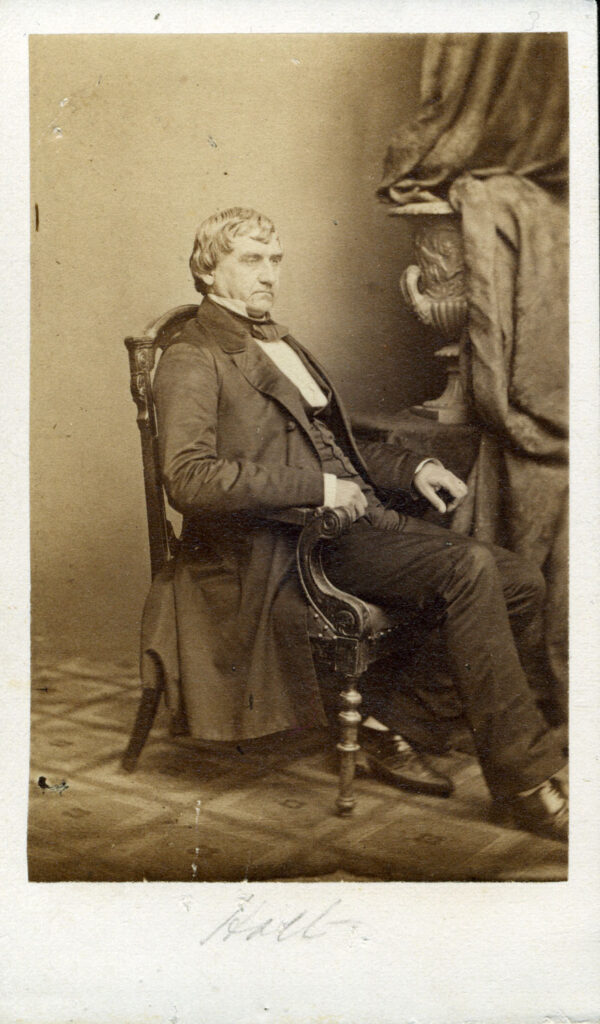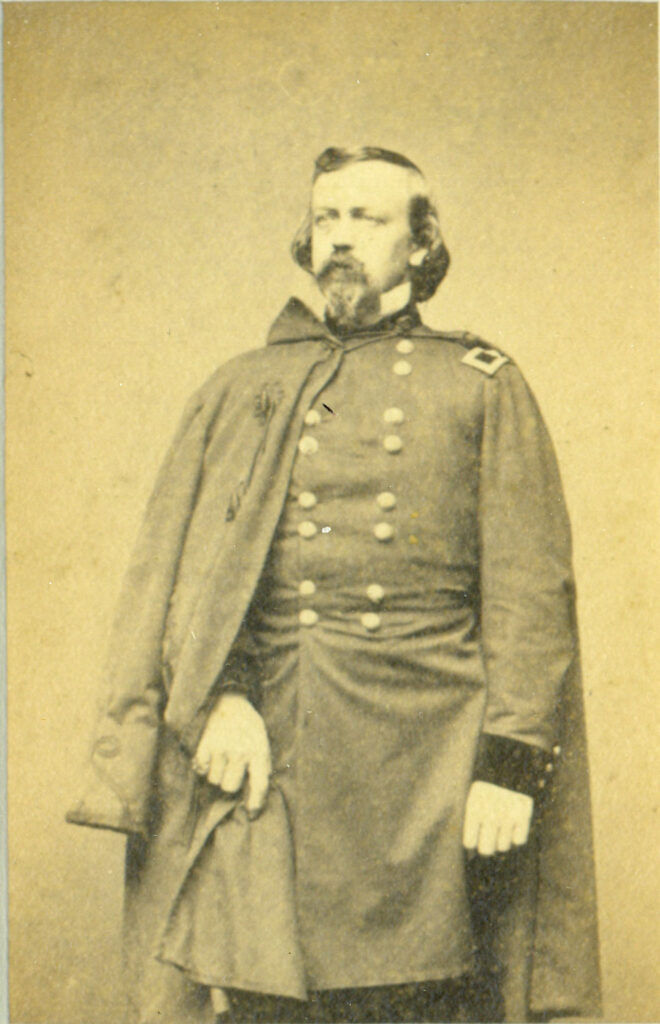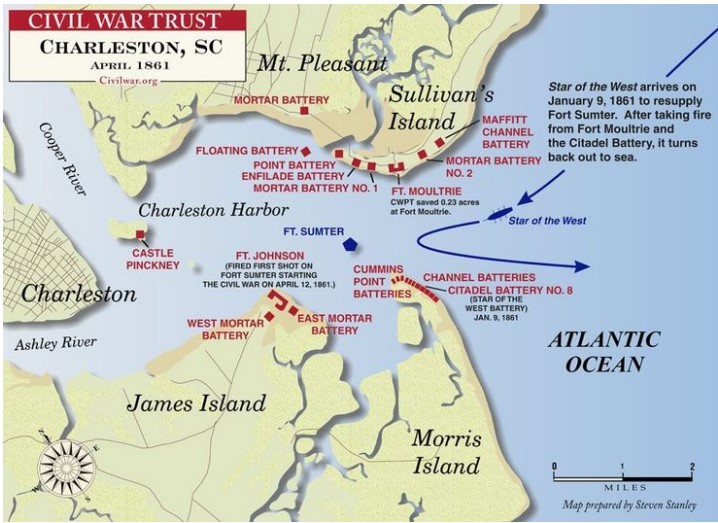Section #22 - The Southern States secede and the attack on Ft. Sumter signals the start of the Civil War
Chapter 268: The Supply Ship Star Of The West Is Fired Upon At Charleston Harbor
January 2, 1861
Buchanan Rejects Commissioners from South Carolina Demanding Surrender of Sumter

Hearing Buchanan’s refusal on Sumter, the three South Carolina commissioners – James Orr (ex-Speaker of the U.S. House), ex Senator Robert Barnwell, and ex-Governor, James H. Adams – author a highly accusatory letter that is delivered on New Year’s Day.
Major Anderson waged war… No other words will describe his action… You have resolved to hold by force what you have obtained through our misplaced confidence, and by refusing to disavow the action of Anderson, have converted his violation of orders into a legitimate act of your executive authority… By your course you have probably rendered civil war inevitable.
On January 2, the President resorts to a traditional diplomatic snub by sending a note to the three envoys saying that he refuses to accept their reply.
By that time, however, they are already on their way back to South Carolina. Buchanan then convenes another cabinet meeting to settle on next steps.
January 5, 1861
Holt And Scott Convince Buchanan To Reinforce Sumter And Washington City

The cabinet session leads to a dramatic turn of events that will impact the course of the conflict over the next four months.
With Buchanan’s approval, the new Secretary of War, Joseph Holt, reaches out to General Winfield Scott to determine how best to deliver needed aid to Ft. Sumter and also protect the capital.
Scott is ahead of Holt on both tasks.
Holt learns that the old General has just assigned Charles P. Stone, a Captain under Scott during the 1847 assault on Mexico City, to the position of Inspector General for DC, accountable for assessing current defenses in the city and strengthening them. Stone quickly expresses concern about the forces in Maryland, and Scott responds by adding more loyal troops and artillery to Ft. Washington, south of the city.
At the same time, the Virginian Scott writes directly to Lincoln assuring him of his loyalty to the Union.
Scott has also readied the sloop Brooklyn with 200 troops and ninety days of provisions to sail from Fort Monroe at the southern tip of the Virginia peninsula once approval is given.
But upon further discussions with Holt, Scott settles on an alternative, a lighter and faster merchant side-wheeler, the Star of the West. On the night of January 5, 1861, the Star slips out of New York harbor under a tight cloak of secrecy.
January 9, 1861
South Carolina Fires On The Star Of The West Supply Ship

While attempts are made to recall Star, the order goes out too late. The result is that the vessel arrives at 1:30am on January 9, 1861, outside the mouth of Charleston harbor. The lone light visible to Captain John McGowan, comes from Ft. Sumter, and Star drops anchor to its west and waits for sunrise to proceed.
Around 6:20am McGowan ups anchor and heads toward Sumter, flying the Stars & Stripes.
This move is met by cannon fire from a South Carolina battery at Cummings Point on the tip of Morris Island. One shot bounces off the Star’s rudder and another strikes her toward the bow and just above the waterline.
Following instructions, the captain runs up a separate flag intended to signal Major Anderson of the attack. The Star then tacks back eastward barely out of range of six guns, which fire at them from Ft. Moultrie.
The dual barrage has come without any warning and without any defensive response from Ft. Sumter.
But the officers at Sumter are unaware that a supply ship is coming and are at first confused by the fact that it is a merchant vessel, not a military sloop armed to defend itself.
Once the gunfire registers, Major Anderson beats the long roll and the garrison springs to its assigned duties. There is, however, little to be done against Morris Island, since none of Sumter’s four guns pointed that way could reach the shore.
This is not the case with Ft. Moultrie, which is well within range of two 42-pounder pointed its way.
While Anderson ponders whether he has the latitude to fire until Sumter itself is attacked, the Star of the West moves out of the channel to safety.
Coverage in the Charleston Mercury applauds to outcome:
The first gun of the new struggle for independence has been fired, and federal power has received its first repulse.